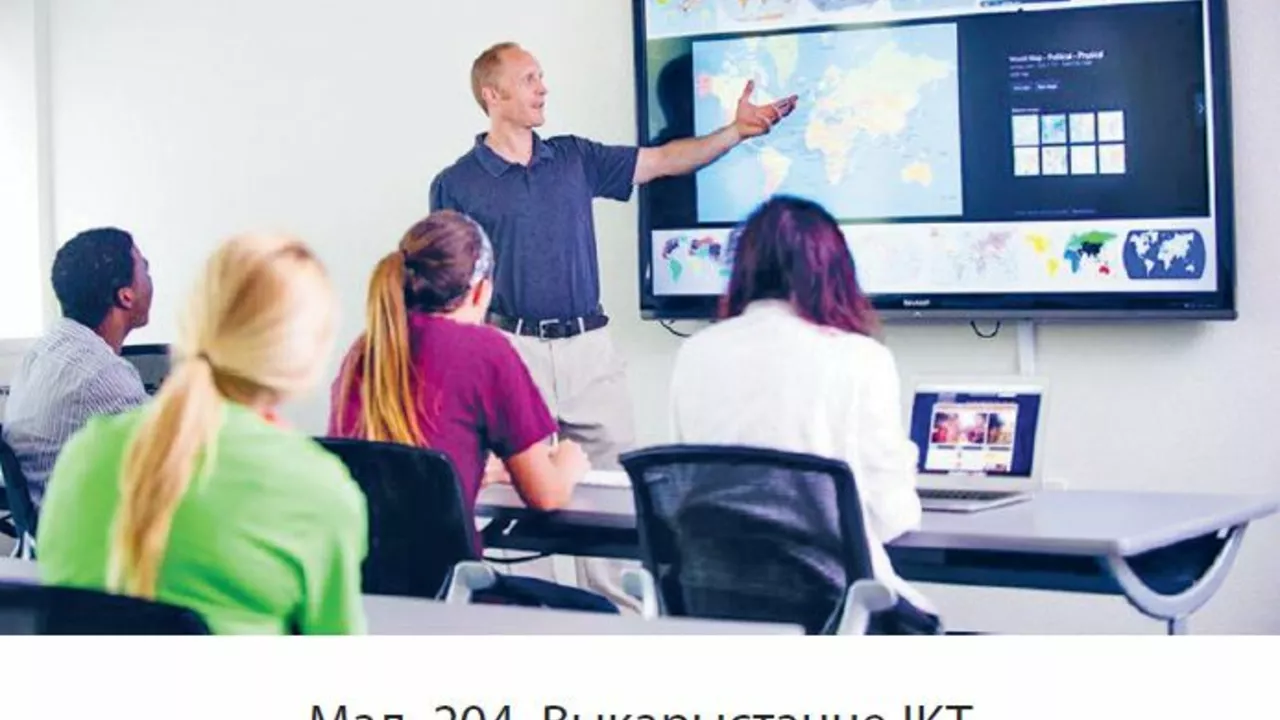
The Prominence of Technology in Education
Over the past few years, the use of technology in education has significantly increased. With the proliferation of smartphones, tablets, and laptops, classrooms have gradually transitioned from traditional blackboard teaching to digital learning. Online platforms have become an integral part of the education system, allowing students to access courses and materials from anywhere in the world. Even homework and assessments are now often completed and submitted digitally. This shift has undeniably enhanced the learning experience but has also led to a pertinent question: Is the advancement in technology making teachers irrelevant?
The Role of Teachers in a Technological Era
Teachers have always played a crucial role in molding young minds. They impart knowledge, instill values, and help students develop critical thinking skills. However, with the advent of technology, this traditional role of a teacher has been challenged. Artificial intelligence and virtual reality have started taking over some tasks that were once exclusively performed by teachers, like grading papers or even providing personalized learning plans. This section will explore how these technological advancements are affecting the role of teachers in the classroom.
Personalized Learning through Technology
One significant advantage of technology in education is the personalized learning experience it offers. AI-powered platforms can adapt to individual learning styles and paces, providing customized educational content for each student. This personalized approach helps students understand and retain information better. However, the question remains: can technology replace the human touch that a teacher brings to the classroom? Can machines replicate the empathy, understanding, and motivation that a human teacher can provide?
Artificial Intelligence vs. Human Interaction
While AI can provide customization and efficiency, it lacks the ability to interact with students the way a human teacher does. A teacher can understand a student's emotional state, identify their strengths and weaknesses, and provide guidance accordingly. They can motivate and inspire, instilling a love for learning that a machine cannot replicate. Hence, the human component in education remains irreplaceable, despite the advancements in technology.
Blended Learning: The Best of Both Worlds
Instead of completely replacing teachers, technology can be used to enhance the learning experience in what is known as blended learning. This approach combines traditional face-to-face instruction with technology-based instruction, providing the benefits of both methods. Teachers can use technology to supplement their teaching, making lessons more engaging and interactive. At the same time, they can provide the human interaction and guidance that technology cannot.
Teachers as Facilitators
With the integration of technology in education, the role of teachers is shifting from being the primary source of knowledge to facilitators of learning. They guide students on how to use technology effectively for learning, how to find and evaluate information, and how to think critically. This new role is as important, if not more so, than their traditional role.
The Future of Teaching
As technology continues to evolve, it's clear that the role of teachers will also continue to change. However, it's unlikely that teachers will become irrelevant. Instead, their role will become even more critical as they guide students through the digital landscape, helping them navigate the sea of information available online, and teaching them how to use technology responsibly and effectively.
Conclusion: Teachers and Technology Co-existing
In conclusion, while technology has transformed the education landscape, it does not render teachers irrelevant. Instead, it changes their role, making them even more crucial in the learning process. Teachers and technology can co-exist, complementing each other to provide a richer, more effective, and engaging learning experience for students.
